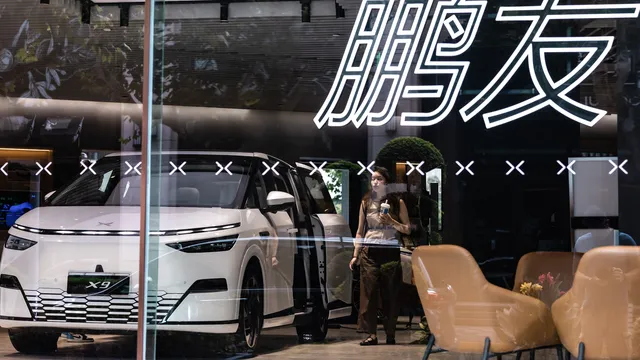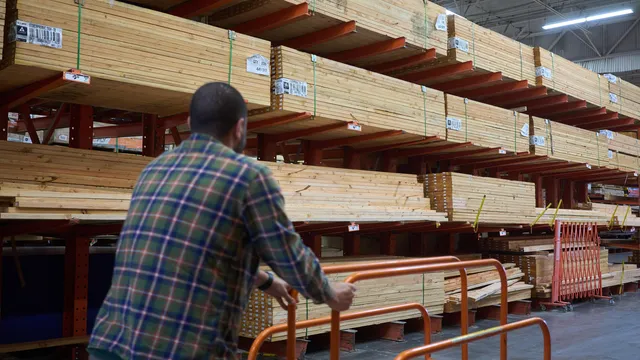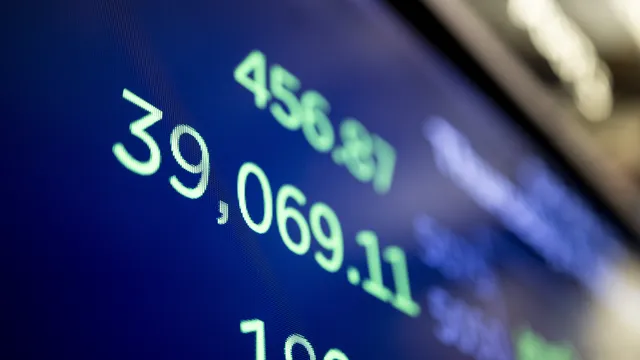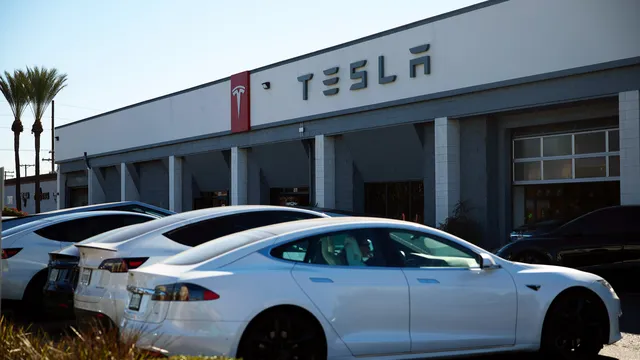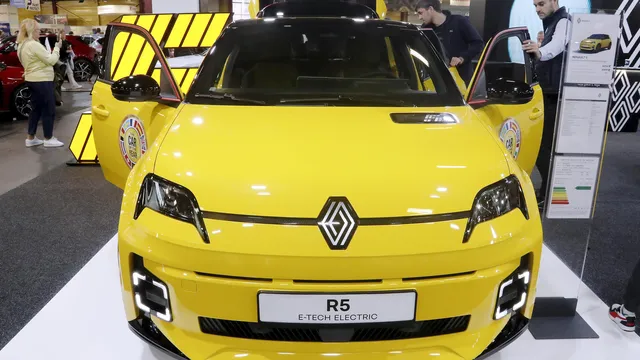China's auto sales in April rose for a third month by 14.8 percent from a year earlier as government-subsidized auto trade deals cushioned the impact of U.S. tariffs on consumer sentiment.
Passenger car sales totaled 1.78 million units last month, and for the first four months of 2025 rose 8.2 percent from the same period a year earlier to 6.97 million units.
That's according to data from the China Passenger Car Association (CPCA).
Sales of electric vehicles and plug-in hybrids, collectively known as "new energy vehicles," were up 33.9 percent year-on-year. They accounted for 50.8% of total car sales last month.
The government scheme, which provides bigger subsidies for replacing old cars with new electric vehicles than for petrol vehicles, covered 2.71 million cars as of April 24, official figures show. That mitigates the impact on Chinese consumer confidence as the increase in U.S. tariffs on Chinese exports disrupts trade between the world's two largest economies.
Auto exports fell 2.2% in April from a year earlier, extending an 8% decline in March, CPCA data show.
But the association said automated driving systems are fading as a sales catalyst for domestic buyers.
The focus of a years-long price war in the world's largest auto market has shifted to next-generation automated driving features after BYD announced in February that it would offer its "God's Eye" driver assistance system as free standard equipment across its lineup.
But the momentum to promote driver assistance systems has cooled following a government crackdown on marketing terms using "smart" or "autonomous" to describe their technology, following the fatal crash involving the Xiaomi SU7 sedan in March.
The electric car caught fire after hitting a cement pillar, seconds after the driver tried to take control from the car's assisted driving system. | BGNES

 Breaking news
Breaking news
 Europe
Europe
 Bulgaria
Bulgaria
